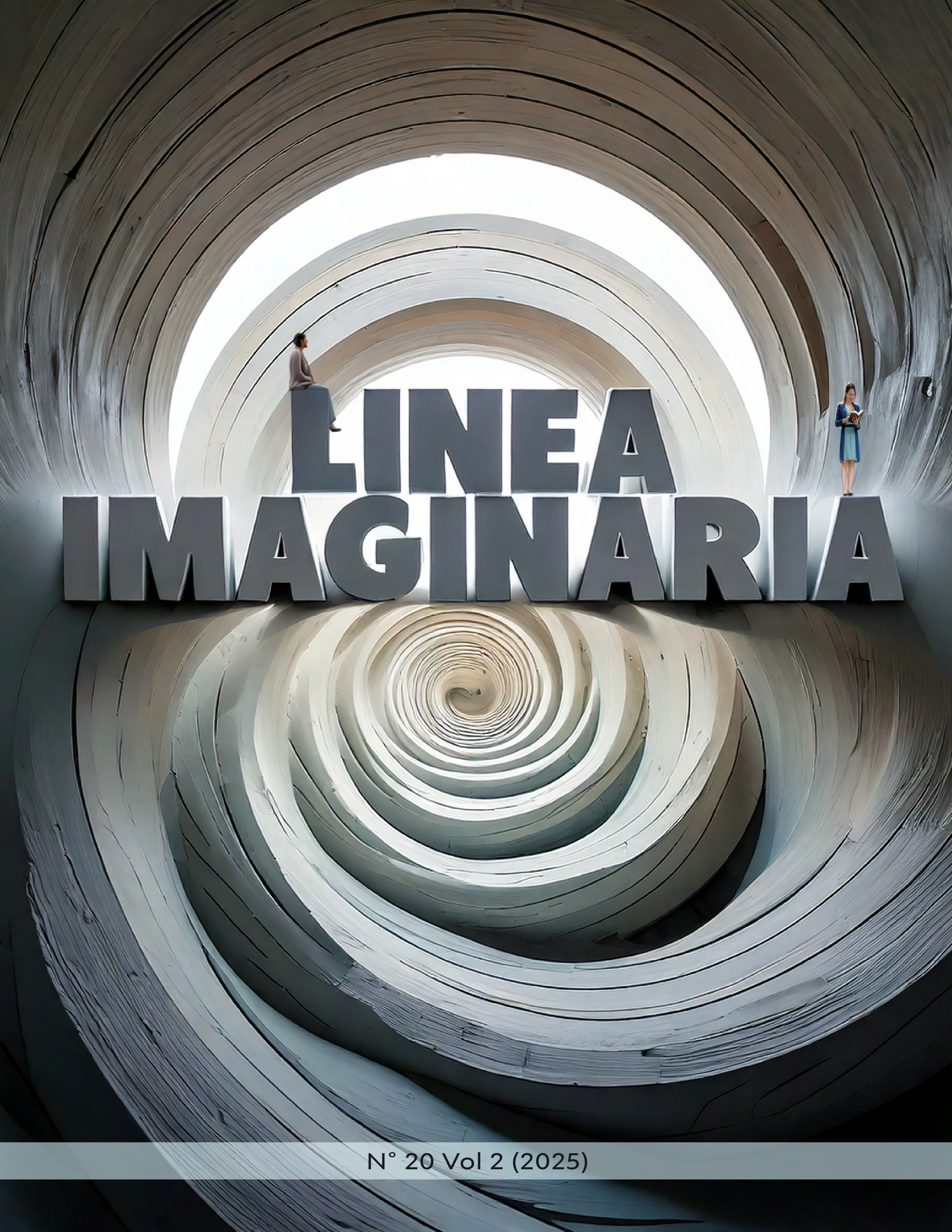IMPLICATIONS OF DISRUPTIVE BEHAVIORS ON THE ACADEMIC TRAINING OF BASIC EDUCATION STUDENTS IN COLOMBIA
DOI:
https://doi.org/10.56219/lneaimaginaria.v2i20.3760Keywords:
disruptive behaviors, academic formation, basic education and teaching processAbstract
The teaching and learning processes nowadays have faced unimaginable eventualities such as the transition from a face-to-face education to an education mediated by technologies; where technologies and educational models aim to seek alternatives and teaching options aimed at good practices. Likewise, it is pertinent to refer to what is presented with disruptive behaviors that sometimes-become practices that interrupt the processes within the didactic or pedagogical action; reason that leads to the following general objective: to analyze the implications of disruptive behaviors in the academic training of basic education students in Colombia. The methodology used in this theoretical approach relies on content analysis supported by documentary review; it is appropriate to point out that according to a detailed review of various documents from which an academic essay is originated whose result focuses on revealing theoretical aspects and providing the necessary tools for teachers to guide a successful academic training of basic education students, which leads to take into consideration the various aspects that are generated from disruptive behaviors.
Downloads
References
Abellán, L. (2020). Relación entre Inteligencia Emocional y disminución de conductas disruptivas en Educación Primaria. Praxis investigativa Redie, 12(22), 30-45 Alonso, J. D., & Juste, M. R. P. (2008). Las conductas problemáticas en el aula: propuesta de actuación. Revista Complutense de Educación, 19(2), 447-457. https://dx.doi.org/10.5209/RCED Bolea, E. y Gallardo, A. (2012). Alumnado con dificultades de regulación del comportamiento (Vol. 2). Graó.
Cárdenas, P. A. (2019). Conductas Disruptivas comunes que afectan la convivencia en el nivel transición I, del Liceo Salesianos Manuel Arriarán Barros [Tesis de Posgrado, Universidad del Desarrollo]. https://repositorio.udd.cl/bitstream/handle/ 11447/2841/Conductas%20disruptivas%20comunes%20que%20afectan%20la%20convivencia%20en%20el%20nivel%20transici%C3%B3n%20I.pdf?sequence=1&isAllowed=y Martínez, J. (2022). Estrategias de resolución de problemas en el aula. Editorial Educativa.
Martínez, M., & Valiente, C. (2020). Ajuste personal y conductas disruptivas en alumnado de primaria. Actualidades en Psicología, 34(129), 71-89. https://www.redalyc.org/journal/1332/133266739005/html/ DOI: https://doi.org/10.15517/ap.v34i129.37013
Porcel, A. (2010). Conductas disruptivas en el aula. Revista Digital Innovación y Experiencia Educativa, 34, 1-10
Vygotsky, LS (1978). La mente en la sociedad: el desarrollo de procesos psicológicos superiores. Cambridge, MA: Harvard University Press.
Downloads
Published
How to Cite
Issue
Section
License
Copyright (c) 2025 LÍNEA IMAGINARIA

This work is licensed under a Creative Commons Attribution-NonCommercial-ShareAlike 4.0 International License.
La revista Línea Imaginaria conserva los derechos patrimoniales (copyright) de las obras publicadas, que favorece y permite la reutilización de los mismos bajo la licencia Creative Commons Atribución-NoComercial-CompartirIgual 4.0 , por lo cual se pueden copiar, usar, difundir, transmitir y exponer públicamente, siempre que se cite la autoría y fuente original de su publicación (revista, editorial, URL y DOI de la obra), no se usen para fines comerciales u onerosos y se mencione la existencia y especificaciones de esta licencia de uso. Si remezcla, transforma o crea a partir del material, debe distribuir su contribución bajo la misma licencia del original.













